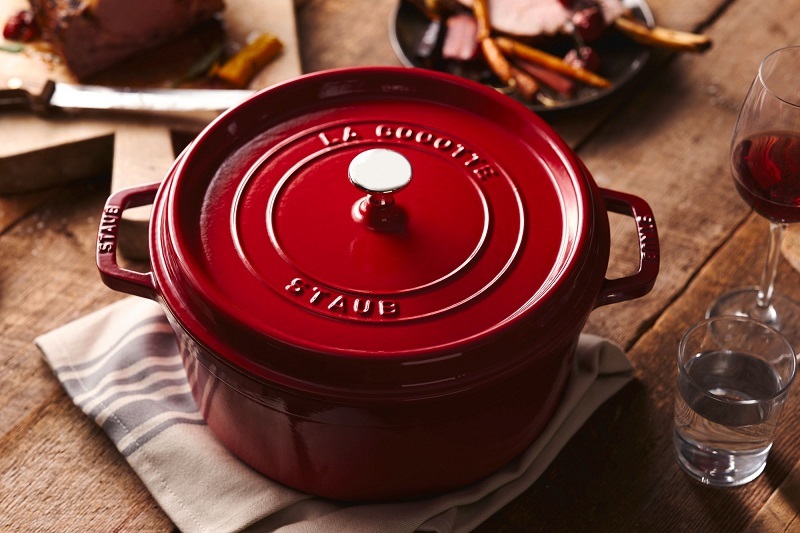
If you type cast iron on answerthepublic.com, you will find suggested Google results of 172 questions and 80 comparison topics — purely about cast iron. At Everten, we sell different types of cast iron cookware by the hundreds— each from 7 different brands we love.
Then there are hundreds of cast iron cookbooks currently on the market. Not forgetting, the numerous blogs devoted to cast iron collecting and cooking.
That’s not all. Facebook groups with cast iron enthusiasts are also celebrating cast iron by sharing and discussing their hot cast iron finds, seasoning and reviving cast iron tips, and ever-present photos of meals cooked in cast iron pans. You know, the usual stuff — stews, steaks, cornbreads — and some not so usual stuff (Fried squirrel, anyone? Umm...we’ll pass.)
The point is, cast iron pans are having a moment — a really big moment. It just means that people are beginning to realise the benefits a cast iron pan has. From its incredible environmentally conscious journey to when it reaches your kitchen. Believe it or not, it has also become a global solution to our War on Waste.
We bet your grannies will agree to this.

How Exactly Does Cast Iron Help Win The War on Waste again?
Turns out, it boils down to the manufacturing process. For starters, cast irons are made for cooking in the oven, on the stovetop, camping and grilling. Cast iron pans are tough pieces of cookware.
Powerhouses such as Lodge, Staub, and Le Creuset includes a process called factory seasoning, where a soy-based oil is applied in high heat allowing polymers to form seasoning layers comparable with 10 to 15 home seasoning. Pans are virtually non-stick, allowing them to become heirloom pieces. Add the many years of cooking big breakfasts, Sunday dinners and holiday treats, cast iron pans become much more conditioned and better for use over time.

Take Lodge for example. Its products are made out of a mixture of recycled scrap steel, recycled cast iron and pig iron. And it doesn’t just stop there. Lodge is committed to hazardous waste reduction by replacing their coal-fired copula furnaces with an electromagnetic induction melting system.
Their foundry is also improved with ways to yield from less to zero waste. This is because sand, steel shot and lesser quality products are continuously recycled.
If you ask us, cast irons are THE original green pan. It’s durable, non-toxic and you won’t have to worry about having a landfill with your name written all over it.


